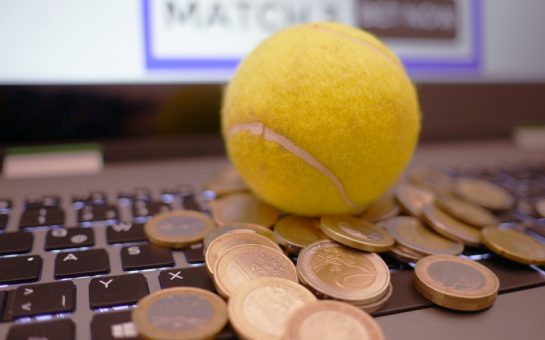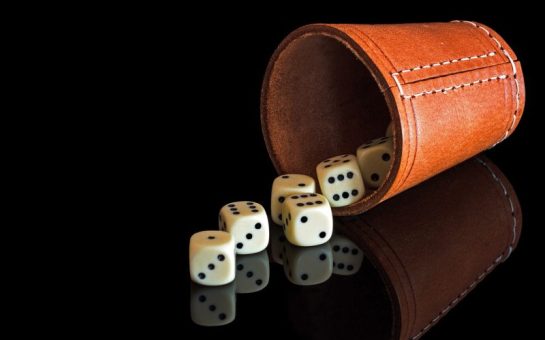Poker is more complex than other card games, but not so complex that you can’t be up, running and playing pretty quickly after reading the rules.
The issue that many new players face is having to get to grips with the intense level of competition that poker offers.
While there’ll always be a learning curve in poker, players can help themselves and increase their chances of success at the table.
Mostly, that comes down to avoiding the common mistakes that new players tend to make.
Simply avoiding these errors can help you come across as a much more experienced player than you currently are. Let’s take a look at what not to do at the table.
Playing every hand
Many beginner players treat poker like every other game they’ve played, and, well, they play. But there’s a big difference between playing poker and playing FIFA.
Just like with jazz, it’s the hands you don’t play that determine your overall success rate.
You may well be tempted to dive in and put your cards to the test, but avoid doing so every single round. Nothing says ‘newcomer’ like playing hands that had no hope of victory.
Experts are divided over what percentage of games a poker player should play.
If you’re in a big Vegas tournament, then probably only 25%. If you’re playing online or with friends, around 50-70% is about right.
Ignoring the opposition
You should very much be primarily focusing on your own game when playing poker. But there’s value in keeping an eye on what your opposition is doing, too.
Players often reveal the strength or weakness of their hands, as well as their overall approach to the game, via a series of telltale signs that you can exploit, if you can figure out what those signs are.
Of course, that’s not to say you should obsess over your opponents — that’ll hurt you more than it hurts them — but try to keep tabs. You might just notice a detail that gives you a competitive advantage.
Also: trying to bluff your way to glory
We’ve just outlined why it’s good to pay some attention to the tics and mannerisms of your opponents.
They’ll be looking at you too. Don’t get drawn into a psychological battle where you try to outwit your opponent by bluffing your way to victory.
Bluffing is a tool that you can — and should — draw upon at specific points in the game. It’s not a foolproof pathway towards success.
By all means, read up on bluffing and develop your approach, but keep it on the back burner.
In nearly all cases, you’ll want to play when you have a strong hand, and fold when you have a poor hand. There’s no reason to overcomplicate it!
Playing too tight
If you have to choose between playing too many hands or not playing enough, choose the latter. It’s the better option of the two.
But that doesn’t mean that you’re making the right decision by folding at the first sign of trouble.
For one thing, you’ll learn more when you’re in the trenches and have to make a less-than-perfect-hand win.
You won’t learn anything if you’re only playing the hands that are nailed on to win — after all, it’s the cards that will have done all the work.
Also, those weaker hands give you an opportunity to work on your bluffing technique.
Staying overly loyal to a strategy
You’ll want to take a sophisticated approach to your gameplay, and for that, you’ll need a strategy.
Everyone has their own preferred strategy, but keep in mind that there’s no universally flawless approach.
They all have their moments, and you’ll want to have multiple strategies up your sleeve in order to be effective.
Also, know when to recognize when a strategy isn’t working, and have the courage to mix it up in favour of something new. Remember: remaining unpredictable is a big asset in poker.





